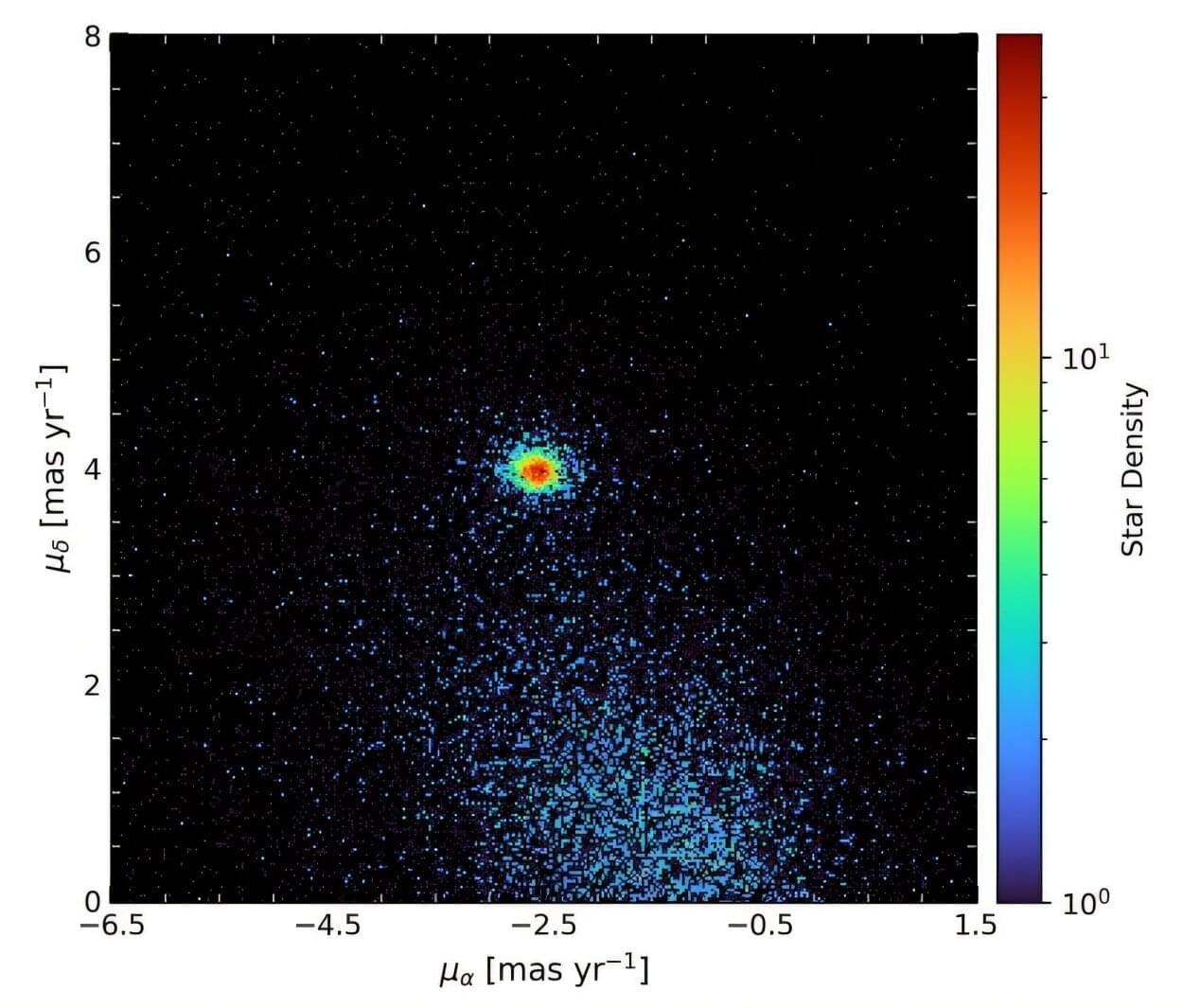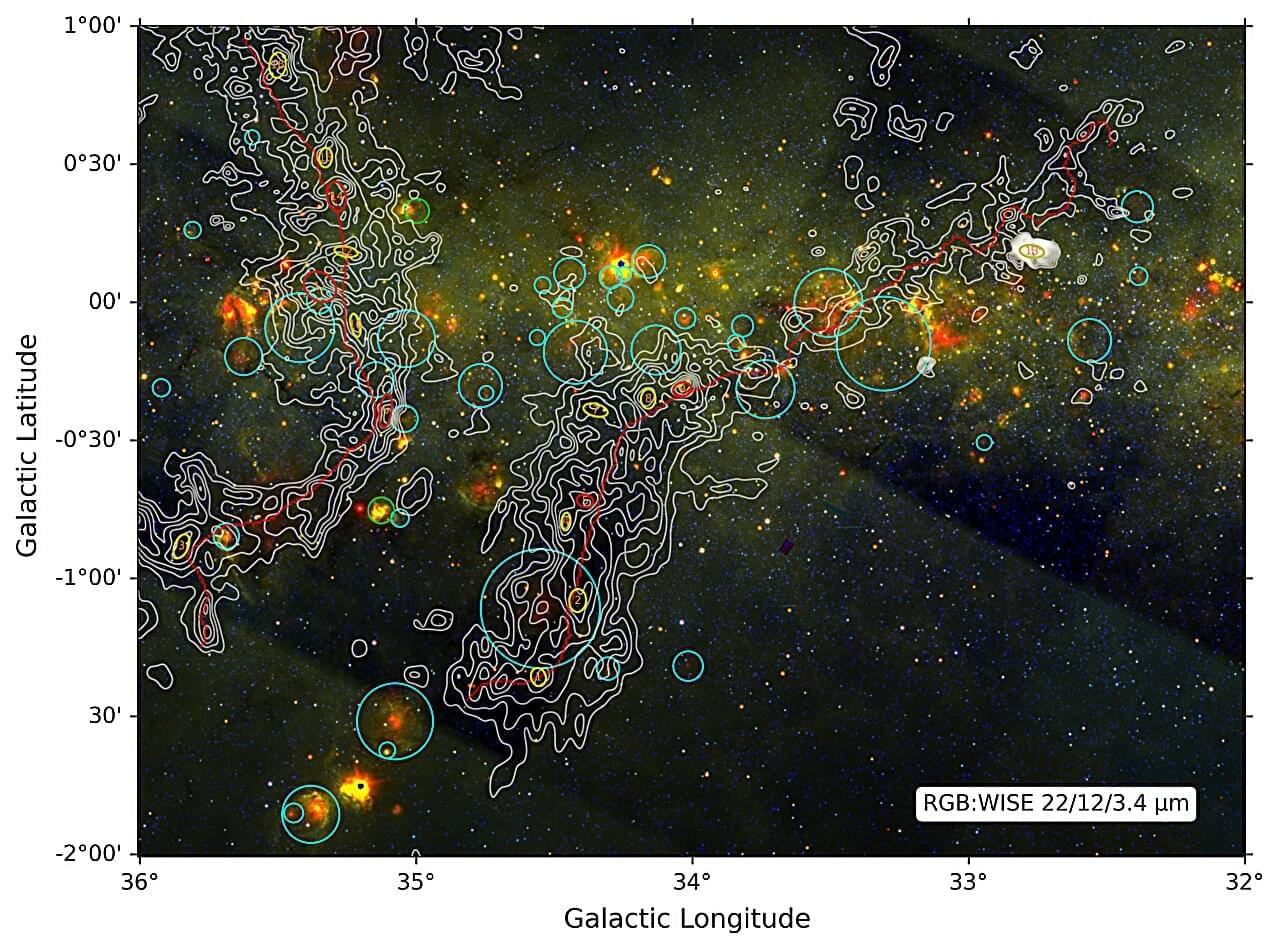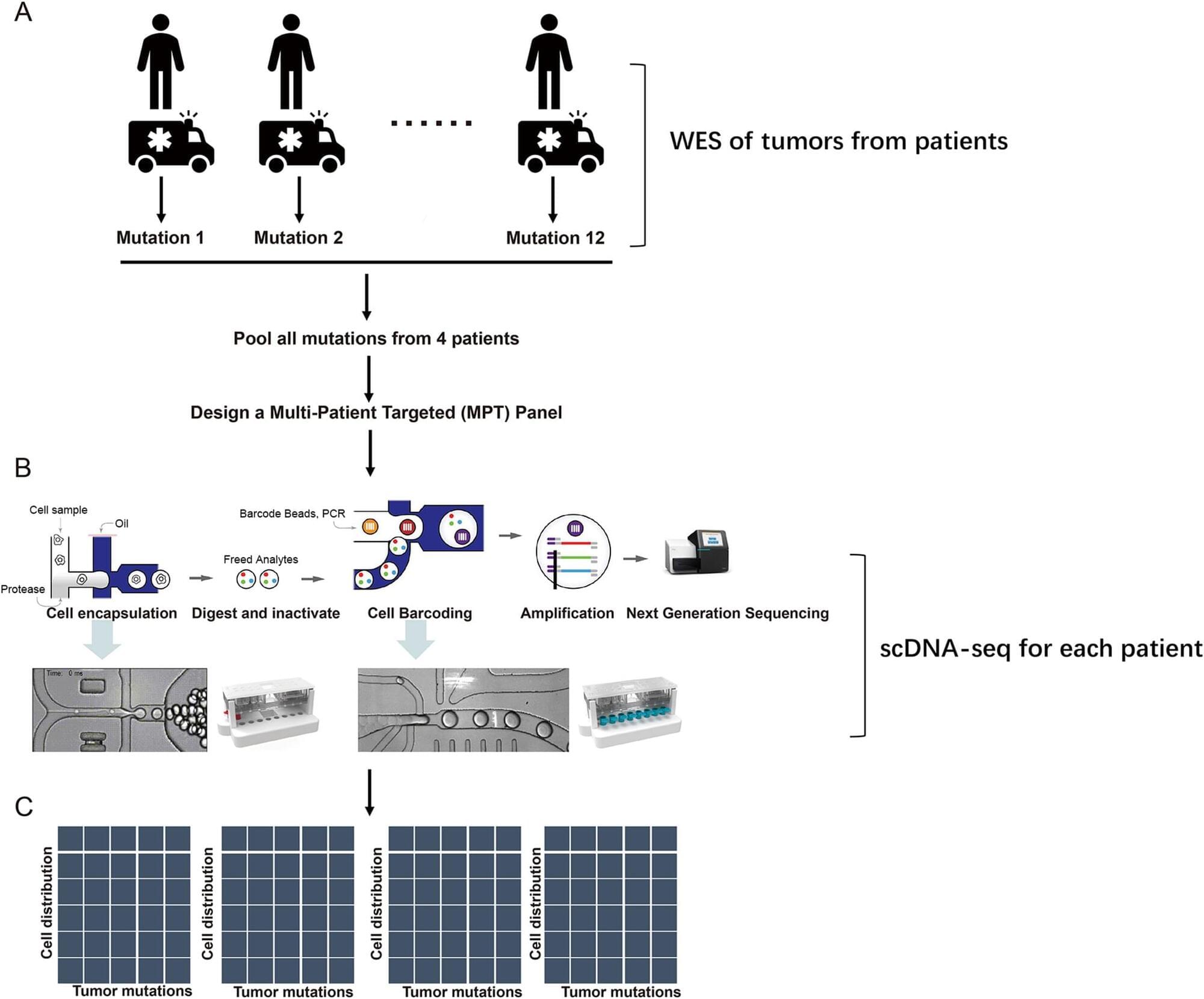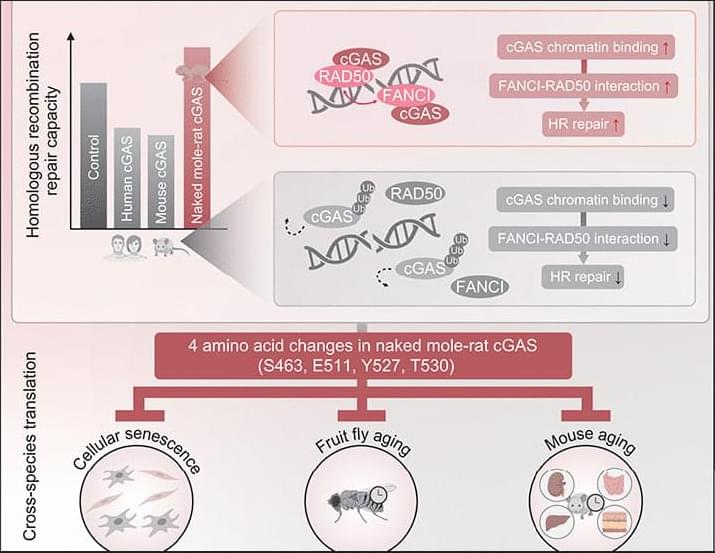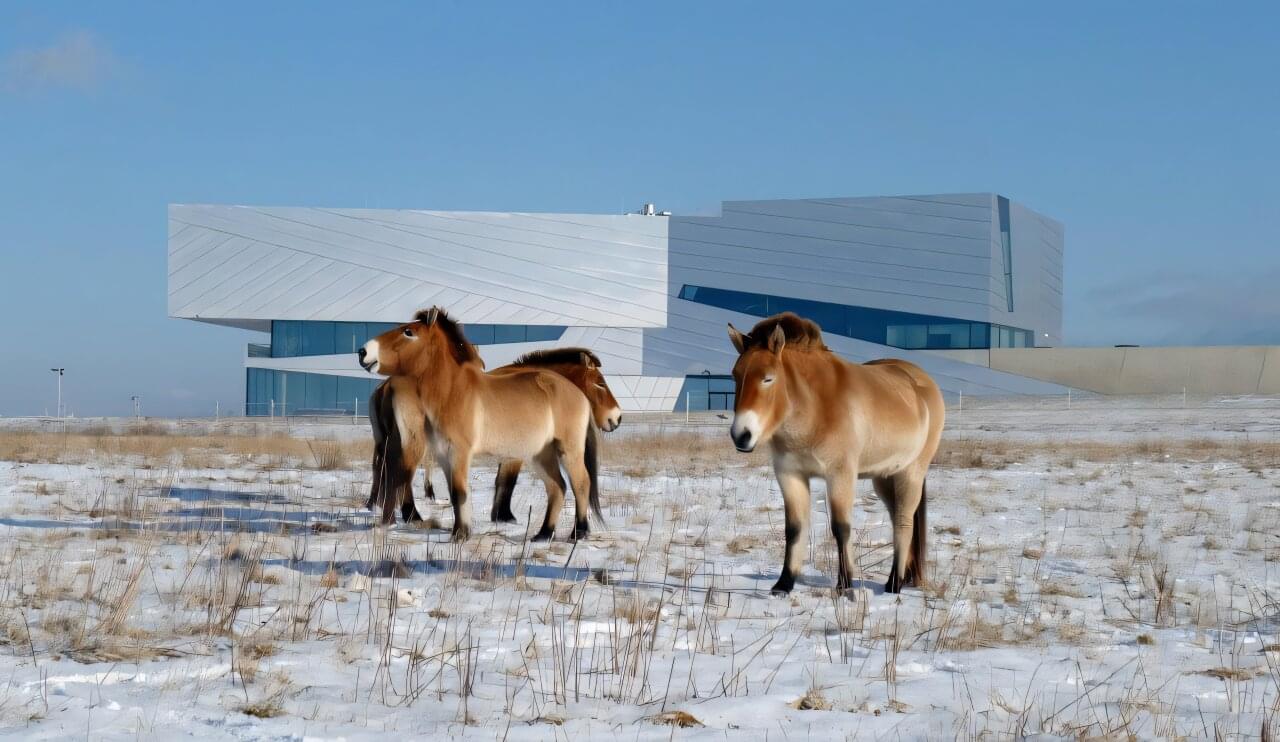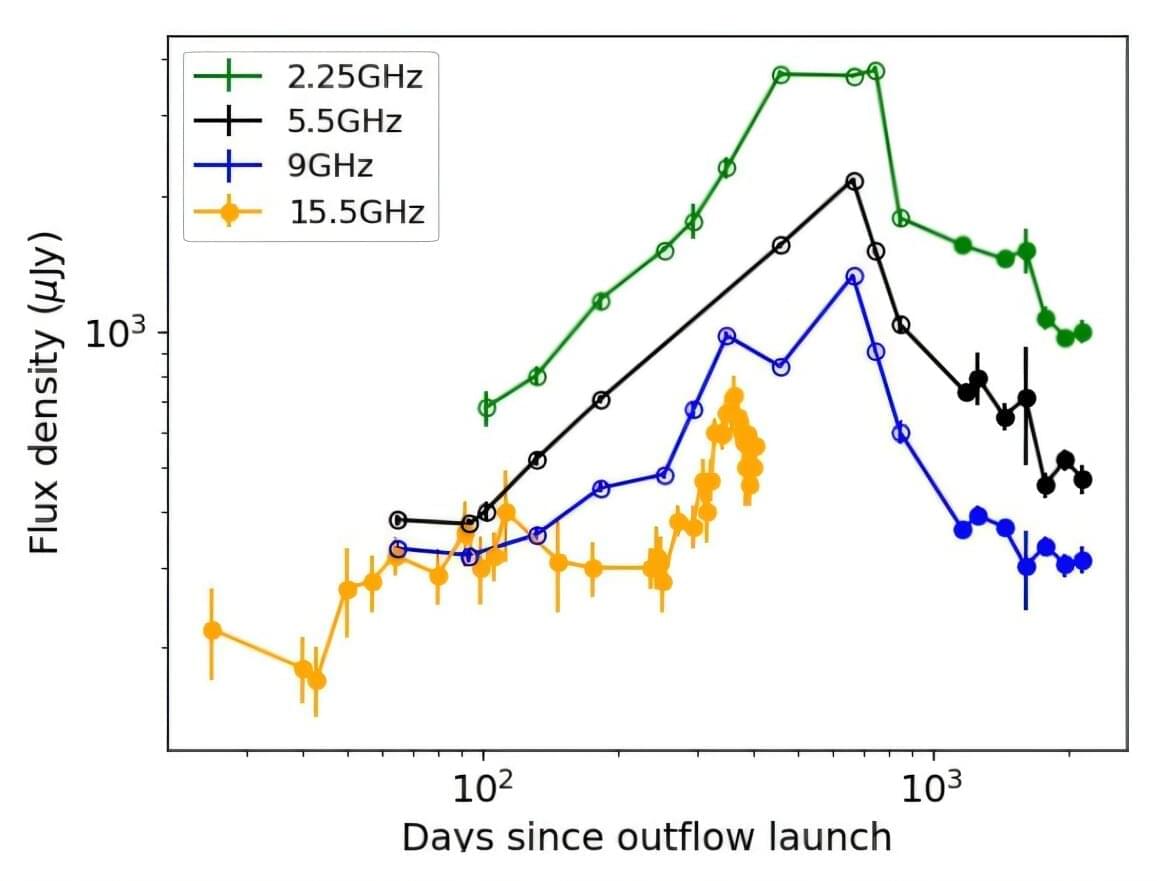Why is the universe expanding at an ever-increasing rate? This is one of the most exciting yet unresolved questions in modern physics. Because it cannot be fully answered using our current physical worldview, researchers assume the existence of a mysterious “dark energy.” However, its origin remains unclear to this day.
An international research team from the Center for Applied Space Technology and Microgravity (ZARM) at the University of Bremen and the Transylvanian University of Brașov in Romania has come to the conclusion that the expansion of the universe can be explained—at least in part—without dark energy.
In physics, the evolution of the universe has so far been described by the general theory of relativity and the so-called Friedmann equations. However, in order to explain the observed expansion of the universe on this basis, an additional “dark energy term” must be manually added to the equations.

